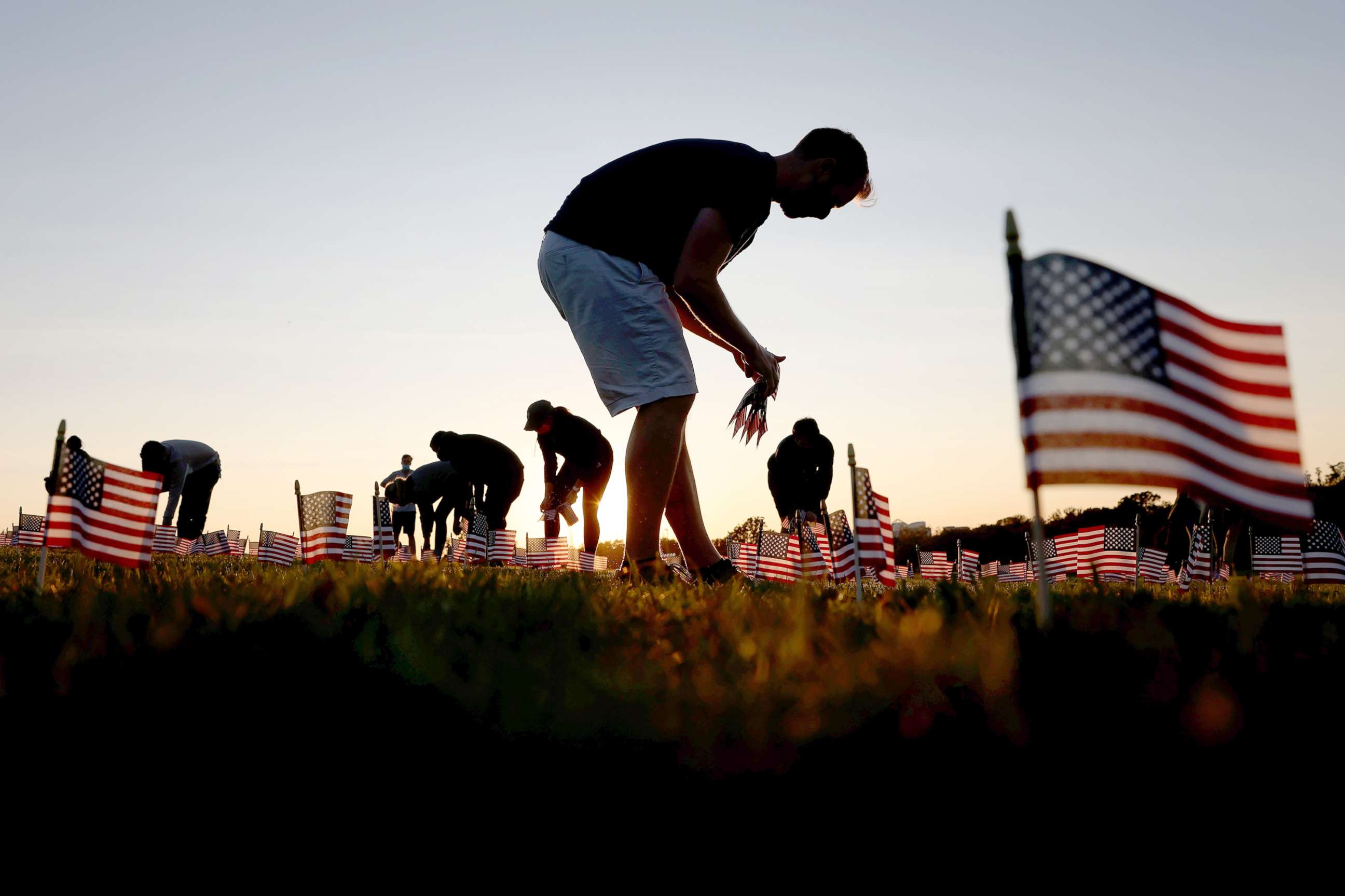North Carolina outdoor event venues can soon open at very limited capacity
In North Carolina, larger outdoor event venues can reopen at 7% capacity on Oct. 2., Gov. Roy Cooper said Tuesday.
The state's positive test percentage has been dropping and is now between 5 and 6%, state officials said.
Meanwhile, North Carolina's Department of Health and Human Services announced a new contact tracing app called "SlowCOVIDNC."
The app will alert people "when they may have been exposed to someone who has tested positive for COVID-19," the Department of Health and Human Services said Tuesday. "It is completely anonymous and does not collect, store or share personal information or location data."





